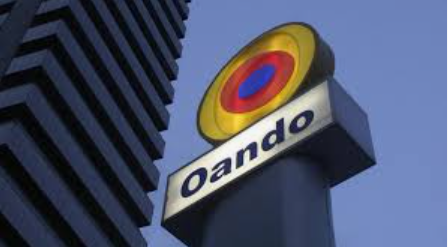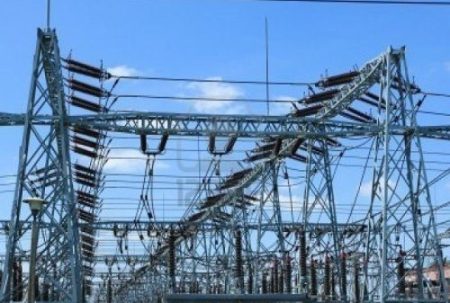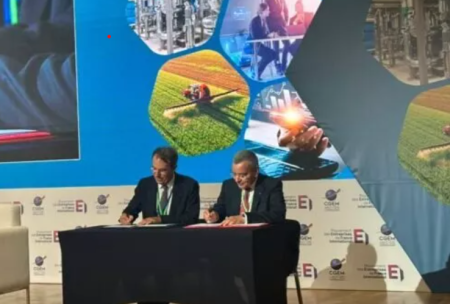The Nigerian Federal Government, through the National Automotive Design and Development Council (NADDC), has commenced a significant initiative aimed at the local manufacturing and assembly of electric vehicles (EVs). This development is part of a broader strategy to foster collaboration between Nigeria and Morocco in the automotive sector. The NADDC Director-General/CEO, Joseph Osanipin, disclosed this initiative following his participation in a recent Nigeria-Morocco business forum. During the event, he emphasized the diverse investment opportunities available in Nigeria’s automotive industry, particularly in the realms of local component manufacturing, EV infrastructure, and the production of gas-powered vehicles. This collaboration is expected to enhance the manufacturing capacity in Nigeria while laying a foundation for sustainable transportation.
Osanipin noted that initial discussions have already taken place with two Moroccan firms: E-move Vehicles Company, which specializes in the manufacturing of electric motorcycles, electric tricycles, and energy storage systems, and Univers Acier Steel, a company that produces essential steel components for the automotive industry. The focus of this partnership is not only to bring EV technology to Nigeria but also to build local production capabilities that would reduce reliance on imports. This approach aims to contribute significantly to Nigeria’s economic growth while promoting environmental sustainability through the adoption of cleaner forms of transportation.
The NADDC’s visit to Morocco provided valuable insights into the operational dynamics of the automotive sector, particularly regarding regulatory frameworks and inspection processes that ensure high-quality standards. This exploration involved interactions with various regulatory bodies, including the National Center for Homologation, which oversees automotive standards and certifications. Osanipin highlighted the importance of understanding these regulations to streamline the local production of EVs and other automotive components in Nigeria, ensuring they meet safety and operational standards.
In addition to regulatory insights, the NADDC delegation explored several key facilities, including technology and testing centers such as Cetiev and CTPC. These centers are crucial in Morocco’s automotive industry as they conduct rigorous testing on all parts before they are approved for use in vehicles. This procedural rigor is essential for eliminating substandard components from the market. Osanipin expressed that learning from Morocco’s robust testing and certification processes would significantly influence Nigeria’s efforts to establish a reliable automotive ecosystem that can ensure quality and safety for consumers.
The initiative also points toward a strategic shift in Nigeria’s approach to automotive production, focusing on enhancing local capabilities and reducing the environmental impact associated with fossil fuel-powered vehicles. Osanipin emphasized that establishing local EV manufacturing would not only create jobs but also contribute to an energy transition that aligns with global sustainability goals. The integration of local manufacturing with foreign expertise is expected to foster innovation and development in Nigeria’s automotive sector, positioning the country as a competitive player in the emerging global market for electric vehicles.
In summary, the partnership between Nigeria and Morocco represents a significant step forward in the push for local EV production. The NADDC aims to leverage Morocco’s experience in automotive manufacturing and regulatory standards to build a thriving automotive industry in Nigeria, ultimately leading to economic growth and technological advancement. With initial discussions and explorations already underway, the future of Nigeria’s automotive sector looks promising, with the potential for transformative practices and collaborative innovation that could redefine transportation in the region.














